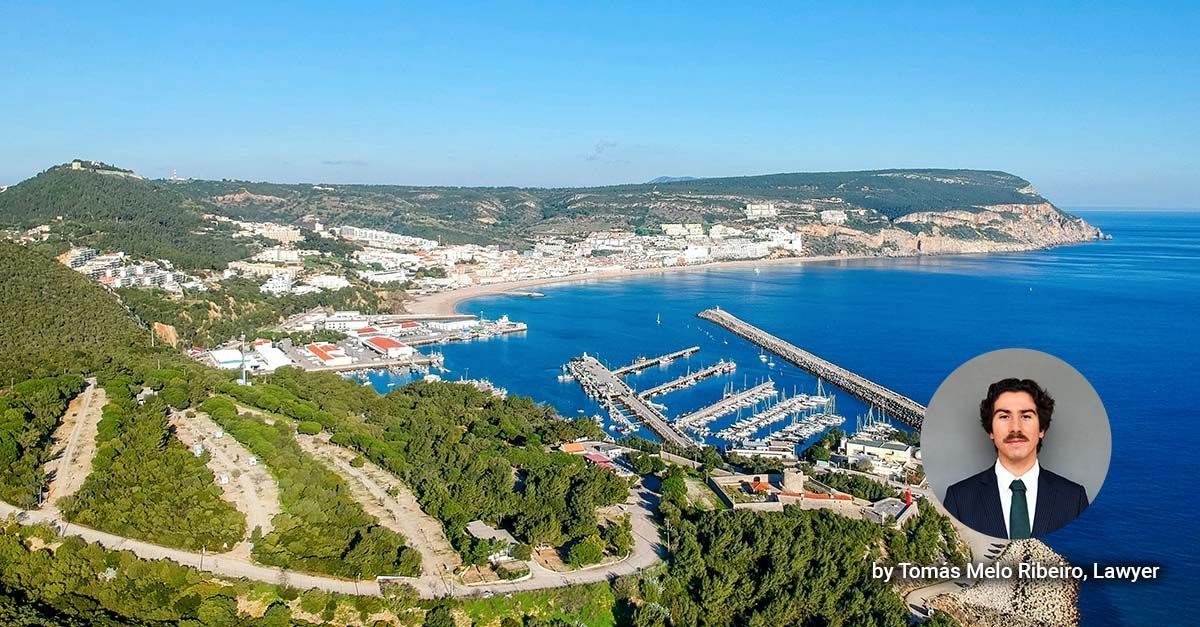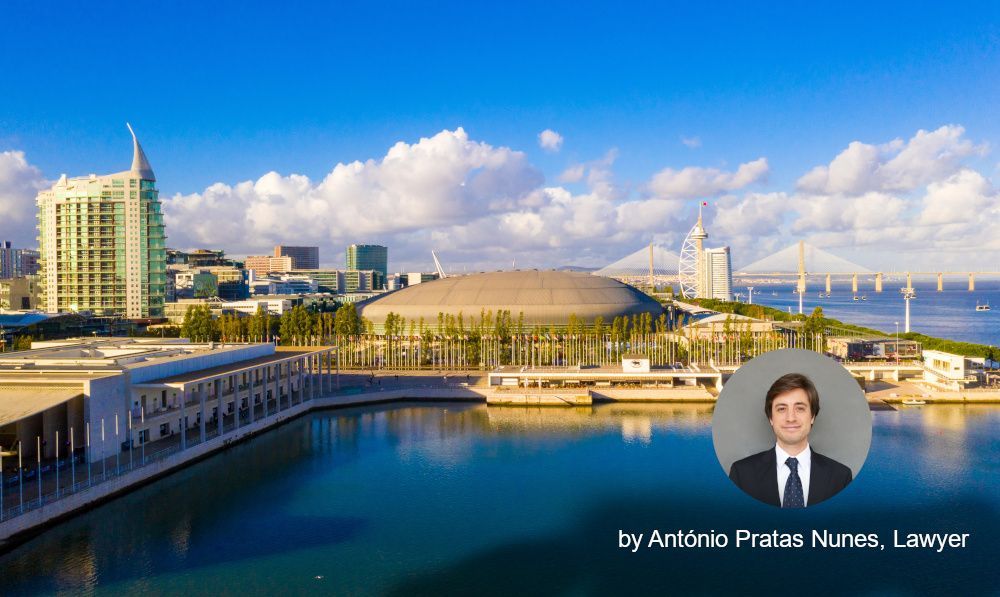The Essential Guide to Portugal’s Digital Nomad Visa

Miguel Taveira Silva | Solicitor
Portugal has long been known as an ideal destination for retirement due to several factors such as its weather conditions, affordability, natural beauty, and so on.
Nowadays, these same factors are attracting another demographic—those who are beginning their lives and careers. Portugal consistently ranks among the top places to live, not only for the previously mentioned reasons but also because of its infrastructure development and fast network connectivity throughout the country.
Since the pandemic, the way we live and work has significantly changed. We have seen that it is often unnecessary to be in an office to perform tasks that can be done from home.
Remote work offers many benefits, such as avoiding time-consuming commutes, escaping traffic, and spending more time with family. As a result, people worldwide are moving and reshaping their lives and careers based on what fulfils them most. Consequently, there is an enormous and ever-increasing wave of expats, digital nomads, entrepreneurs, and retirees settling in Portugal in search of a better work-life balance.
With that in mind, the Portuguese “Digital Nomad Visa”, commonly known as the D8 Visa, was implemented by the Portuguese government in 2022. This visa allows non-EU/EEA/Swiss citizens to apply for residency in Portugal while working remotely.
There are two different subtypes of the Digital Nomad Visa, depending on how long the applicant wishes to stay in the country:
- Temporary Stay Visa
If the applicant intends to stay in Portugal for less than 12 months, the Temporary Stay Visa is a viable option. It is valid for 12 months and allows an individual to work and live in the country. It is important to note that this visa can be extended for one year, subject to approval by the Portuguese Immigration Authorities. However, this visa does not grant the right to request a residence permit in Portugal. The application process for the Temporary Stay Visa for Digital Nomads must be initiated at the Portuguese Consulate or Embassy in the applicant's current country of legal residence.
2. Residence Visa + Residence Permit for Digital Nomads
If the applicant wishes to stay in Portugal for longer than 12 months and establish residency, the D8 Visa, or Residence Visa for Digital Nomads, is the best option. This visa leads to a pathway for obtaining a residence permit in Portugal.
The D8 Visa process involves two important steps:
- Residence Visa: This is obtained at the Consulate/Portuguese Embassy in the applicant's country of legal residence. It is valid for 120 days and serves as the entry visa for the applicant to enter Portugal.
- Residence Permit: This is obtained in Portugal by the Immigration Authorities, known as AIMA. The residence permit confirms legal residency in Portugal. The first residence permit is issued for two years, with subsequent renewals lasting three years. After five years of legal residence in Portugal, you can apply for permanent residence or Portuguese citizenship, which requires passing a
Portuguese language exam.
Required Documentation for the Digital Nomad Visa
The relevant documents required to apply for the Digital Nomad Visa, whether for a temporary stay or residence, include:
For employees:
- Employment contract, or
- Employer’s declaration confirming employment.
For self-employed individuals:
- Company contract,
- Service Agreement, or
- Document attesting to the services provided to one or more entities.
Additionally, all applicants must provide:
- Proof of average monthly income for the past three months, showing an amount equivalent to at least four times the Portuguese minimum wage (€3,280.00 at the current rate).
- Proof of tax residency.
- Evidence that the work can be performed remotely, such as a contract or agreement with a clause specifying remote work, along with a declaration from the employer confirming that the employee will be working remotely from Portugal.
As Portugal is a member of the European Union, obtaining Portuguese citizenship—and therefore a Portuguese passport—is highly attractive for those wishing to relocate. It offers considerable benefits, such as visa-free travel throughout Europe, free movement between EU countries, and the freedom to live and work anywhere within the EU.
In conclusion, Portugal is definitely a destination to consider when moving to another country. Beyond the already-mentioned characteristics that make this country unique, its friendly visa policies contribute to making Portugal increasingly inclusive, dynamic, and prosperous.
If you are considering moving to Portugal, please do not hesitate to
contact us. We would be delighted to support you throughout the entire process, ensuring a hassle-free transition.











